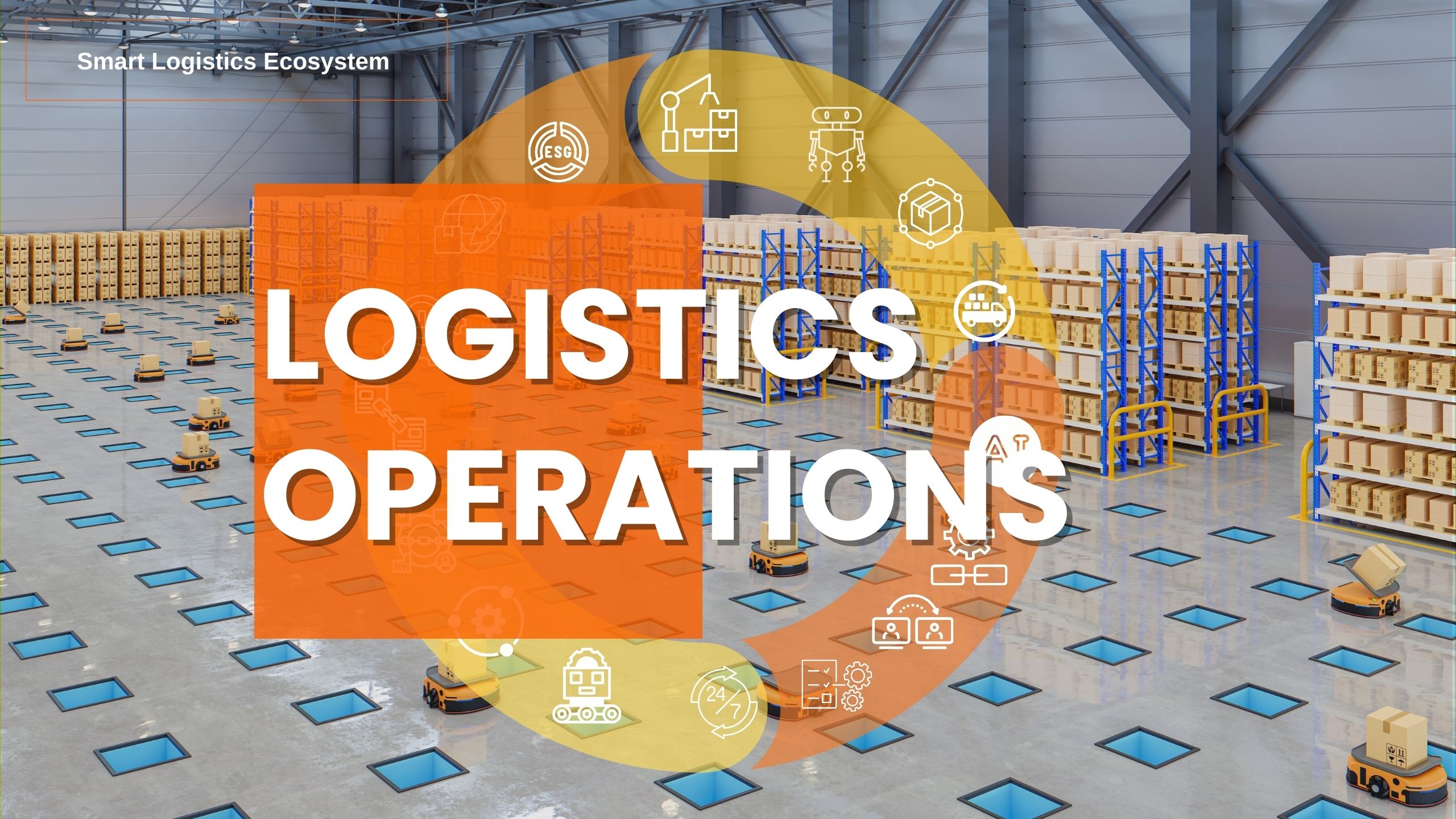How Cross-Border E-Commerce Is Boosting China’s Foreign Trade
- March 21, 2024

In recent years, cross-border e-commerce has rapidly emerged as a critical growth driver for China’s foreign trade. According to data from China’s state news agency Xinhua net, the total import and export value of China’s cross-border e-commerce reached 2.38 trillion RMB in 2023 – marking a 15.6% year-on-year growth. Exports alone totalled 1.83 trillion RMB, up 19.6% from the previous year.
This rapid rise can be attributed to cross-border e-commerce’s agile and efficient supply chain model, which promptly caters to Chinese consumers’ personalized demands. At the same time, it is helping to introduce many more “Made in China” products to worldwide markets, serving as an essential new impetus for foreign trade.
The Chinese government places great importance on fostering the development of cross-border e-commerce. On the one hand, it is promoting the establishment of cross-border e-commerce pilot zones to further integrate this sector with other industries. On another front, it continuously optimizes regulatory policies – such as allowing outbound shipments to consolidate return goods for packaging, significantly reducing business costs.
As policies continue enhancing and management standards gradually solidify, cross-border e-commerce is poised for steady expansion.
For more details, please refer to the source article at: https://bit.ly/490KE5i
Other News
- All Post
- Greater Bay Alliance

The long-awaited Shenzhen-Zhongshan Bridge has finally passed its completion inspection on June 16th. This infrastructure marvel, comprising an underwater tunnel through the Pearl Riverbed and a cross-sea highway bridge, will connect the two cities and slash their travel time to just 30 minutes.

The 15th LET - a CeMAT Asia Event was officially unveiled recently, held for three consecutive days (May 29-31) at the Guangzhou China Import & Export Fair Complex.

Asset partners comprise capital investors and real estate providers with financial resources and physical logistics properties such as warehouses, logistics centers, and distribution centers. Both parties are driven by achieving long-term stable returns and asset appreciation, but they may need more experience in operating logistics assets.

With the increasing demand for online shopping, the logistics industry faces significant challenges and opportunities. To meet the growing needs, logistics operators must invest substantial funds in acquiring new logistics equipment, such as automation, intelligence, and digitization, to enhance operational efficiency and service levels. However, such investments can be a significant burden for many logistics operators.
